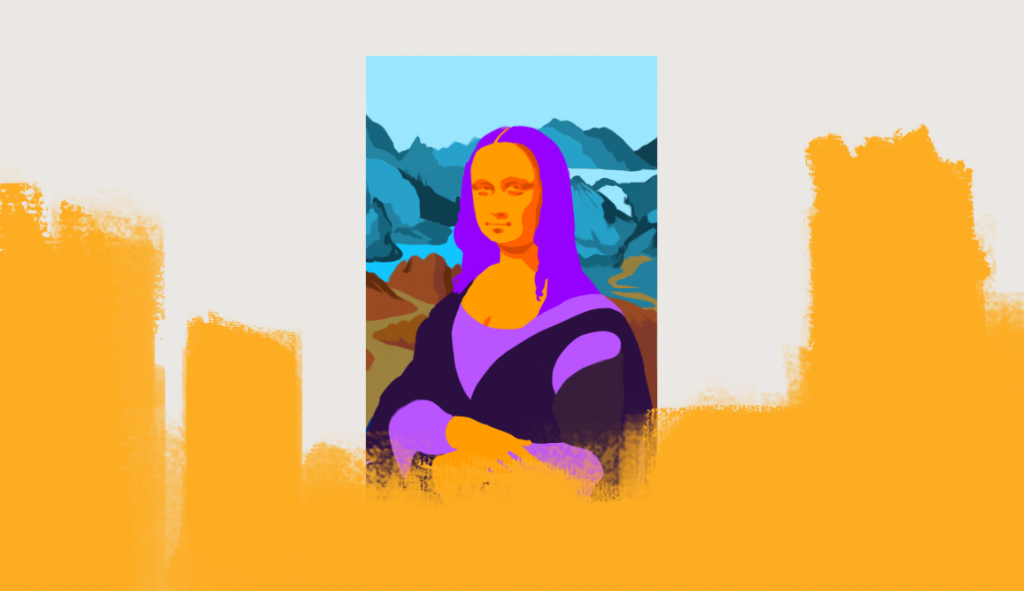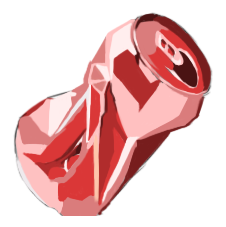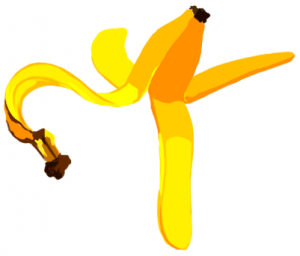The Frustrating Beauty of Imperfection
Posted Under: Reflections | Written by Sara Stein

Self-Discovery and Imposters

When I first began practicing art, I couldn’t stop filling up sketchbooks (and by filling up I mean a maximum of one drawing attempt a page). I had such an insatiable desire to learn, draw, grow, and waste space (why didn’t I develop the practice of using an entire page earlier!?). I enjoyed the process of looking at reference and translating it to paper. I liked everything I made, and everything I made liked me. It was a glorious time that I look back on with both contentment and horror. Contentment because it’s so good to feel good about what you’re doing. Horror because I was creating cliche anime knock-offs and beginner what-have-you.
Back in the day, I’d look at a cruddy old pencil drawing of my grandpa and think, yes. Yes! You’ve done it again. Mazel Tov. My entire sketchbook was filled moments like these. And I actually showed people the insides of those sketchbooks. People would widen their eyes in amazement before saying, “My god. This cat-girl belongs in an art museum!”. And I believed them. If they were to say that about my sketchbooks today, I would balk. When I draw a likeness and can’t get the curve of the face just so, I collect the kindling for my own burning.
There is, in the artist, an inherent fear of not being good enough.
I am energized by the false notion that if I just learn another skill, if I just paint another stroke, I’ll prove I’m not a fraud. In this, I’m not alone. Imposter syndrome plagues up to 70% of the populace at one time or another, driving typically able people to fear being ‘found out’ as a phony. Our failures perceived from another’s vantage point drown out all past praise, submerging the once successful person into a pit of over-compensation. But this assumes success, and of course mine is just good luck.
This attitude prevents me from fully accepting a piece of art for what it is at the time, for who I am as an artist at the time. I have reached the point in my career where art isn’t purely a joy, it is work. And work isn’t a bad thing in and of itself. In fact, for the last half hour I’ve gone back to my second paragraph and waffled between using the word ‘cat-girl’ or ‘magical girl’, though I’m pretty sure no one will care either way. I am pushed forward to write and rewrite to create something that is closer and closer to my current ideal. Yet there is a paralysis that comes with dissatisfaction, and this can stunt growth artistically and personally.
Never Finished, Always Learning
Working towards achieving a blissful plateau of perfection is a bitter consuming fire.
Maybe when we are fully enjoying the act of ‘being an artist’, reworking is something that comes from a place of learning. We are in love with creating, so acknowledging mistakes doesn’t hinder the ego. Yet lately I find the majority of my reworking a piece comes from discontent with my progress or skillset. Working towards achieving a blissful plateau of perfection is a bitter consuming fire. We can look back at nearly everything we’ve ever done and find inaccuracies. To this day I can’t go to my grandmother’s house without internally jumping off a cliff at the sight of an old portrait of mine. The left eye is a smidge bigger than the right. A glaringly obvious smidge. I want to let everyone know that I know the eye is rubbish. I want to make excuses. My own eye for errors or perceived failings is so keen that I live in a state of constant second-guessing. There is always something that can be cleaned up or altered.
 But really, the truth is that something can always be revised or reworked. There has never been a perfect art piece or a perfect artist. The nagging inside that drives us forward toward perfection, our own idea of perfection, is something ephemeral. This quality is what makes artistic expression so lovely, and also so frustrating.
But really, the truth is that something can always be revised or reworked. There has never been a perfect art piece or a perfect artist. The nagging inside that drives us forward toward perfection, our own idea of perfection, is something ephemeral. This quality is what makes artistic expression so lovely, and also so frustrating.
It is a beautiful thing to find flaws and fix them. It is also a sort of curse. When we become better artists, we realize just how much further we have to go. So I suppose the next time I’m downplaying successes and internalizing inadequacies, I’ll remember Haruki Murakami’s sentiment that covers a multitude of sins,
In long-distance running the only opponent you have to beat is yourself, the way you used to be.
